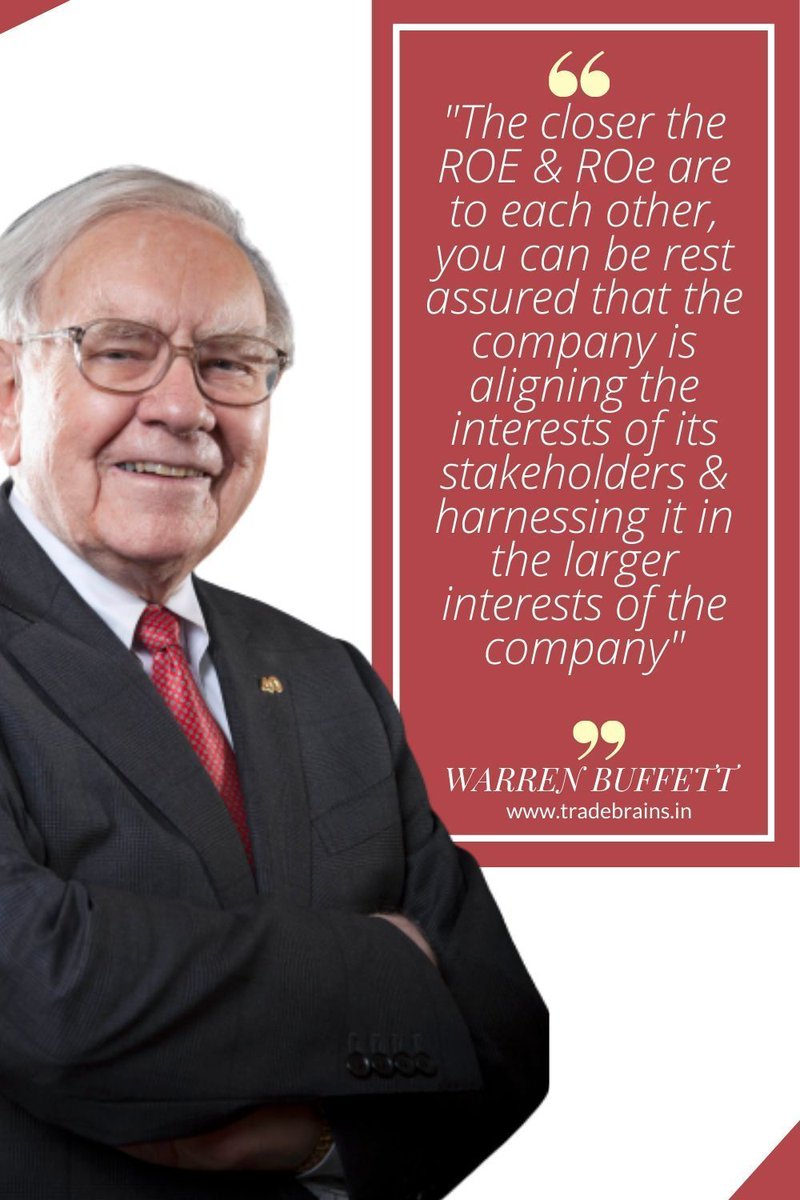Return on Equity (#ROE) and Return on Capital Employed (#ROCE) are two important Financial Ratios used in #FundamentalAnalysis of Stocks.
#StockMarket #Investing




It's simple, if ""FY23 PAT of this API to CDMO = FY21 PAT of largest pure-play CDMO/API"" then the FY23 Mcap of this API/CDMO= FY21 Mcap of largest pure-play CDMO/API, am I correct Sajal saab??
— richman (@greatrichman3) June 14, 2021
Making thread \U0001f9f5 on trading view scanner by which you can select intraday and btst stocks .
— Vikrant (@Trading0secrets) October 22, 2021
In just few hours (Without any watchlist)
Some manual efforts u have to put on it.
Soon going to share the process with u whenever it will be ready .
"How's the josh?"guys \U0001f57a\U0001f3b7\U0001f483